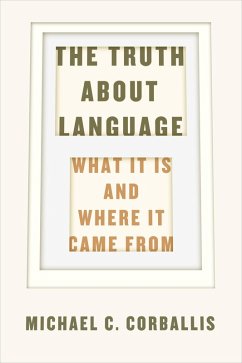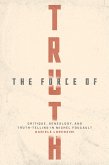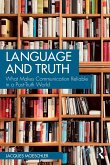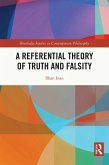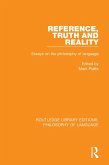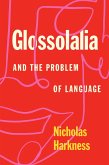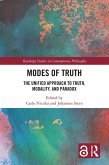Evolutionary science has long viewed language as, basically, a fortunate accident-a crossing of wires that happened to be extraordinarily useful, setting humans apart from other animals and onto a trajectory that would see their brains (and the products of those brains) become increasingly complex. But as Michael C. Corballis shows in The Truth about Language, it s time to reconsider those assumptions. Language, he argues, is not the product of some big bang 60,000 years ago, but rather the result of a typically slow process of evolution with roots in elements of grammatical language found much farther back in our evolutionary history. Language, Corballis explains, evolved as a way to share thoughts and, crucially for human development, to connect our own mental time travel, our imagining of events and people that are not right in front of us, to that of other people. We share that ability with other animals, but it was the development of language that made it powerful: it led to our ability to imagine other perspectives, to imagine ourselves in the minds of others, a development that, by easing social interaction, proved to be an extraordinary evolutionary advantage.Even as his thesis challenges such giants as Chomsky and Stephen Jay Gould, Corballis writes accessibly and wittily, filling his account with unforgettable anecdotes and fascinating historical examples. The result is a book that s perfect both for deep engagement and as brilliant fodder for that lightest of all forms of language, cocktail party chatter.
Dieser Download kann aus rechtlichen Gründen nur mit Rechnungsadresse in A, B, BG, CY, CZ, D, DK, EW, E, FIN, F, GR, HR, H, IRL, I, LT, L, LR, M, NL, PL, P, R, S, SLO, SK ausgeliefert werden.

